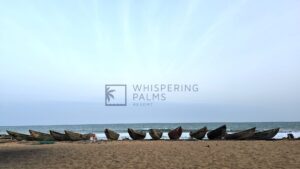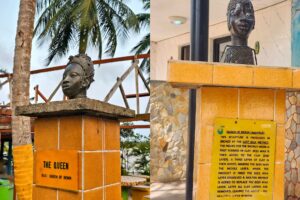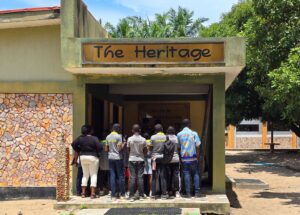Wellness tourism is rapidly evolving into a cornerstone of Africa’s hospitality market. At Fortis Lifestyle & Hospitality, we are committed to leveraging this growth by creating immersive wellness experiences that cater to both local and international guests. Our initiatives resonate with Africa’s cultural richness while ensuring sustainable business practices that drive guest satisfaction and revenue.
The Growth of Wellness Tourism in Africa
In recent years, the wellness tourism sector in Africa has seen a remarkable rise, aligning well with global trends as travelers increasingly seek experiences that enhance their physical, mental, and spiritual well-being. This is particularly evident in Nigeria, where the hospitality landscape is evolving to meet the growing demand for wellness offerings. At Fortis Lifestyle & Hospitality (FLH), we recognize the immense potential this presents for not only our business but also for the holistic development of the African tourism industry.
Wellness tourists are typically more affluent and willing to invest in premium services, allowing them to enjoy richer, more immersive experiences. In catering to this demographic, FLH focuses on creating world-class resorts that harness Nigeria’s breathtaking natural landscapes and cultural heritage. Our facilities are designed to integrate elements of traditional Nigerian healing practices, such as massage therapies derived from indigenous wisdom, alongside modern wellness methodologies like yoga and meditation classes. This blend not only enhances guest experiences but also emphasizes the authenticity of our offerings.
As we develop our wellness-centric resorts, we prioritize sustainable and eco-friendly practices. In line with the principles of environmental sustainability, FLH aims to build resorts that have minimal carbon footprints. Utilizing local materials, and employing energy-efficient technologies, we strive to support both the local economy and environment. By promoting wellness tourism as a vehicle for sustainable growth, we can redefine Nigeria’s hospitality landscape while enhancing the lives of our guests and communities.
One of the main challenges we face in establishing wellness tourism credibility is overcoming skepticism regarding the quality of treatments and experiences offered. To address this, FLH implements rigorous training for our staff, ensuring they are adept in both traditional and contemporary wellness practices. Partnerships with distinguished wellness practitioners and brands further elevate our standing, infusing our destinations with trust and reliability in service delivery.
At FLH, we believe in the transformative power of wellness tourism. Through innovative strategies and unwavering dedication to excellence, we are committed to providing unmatched guest experiences that honor Africa’s rich traditions while driving sustainable growth within the hospitality industry. By embracing wellness, we are not just creating resorts; we are cultivating a movement that champions resilience and well-being for all stakeholders involved.
Conclusions
In conclusion, the wellness tourism sector represents a monumental opportunity for Africa to transform its hospitality landscape. By embracing wellness-centered offerings, Fortis Lifestyle & Hospitality aims to enhance guest experiences while promoting economic growth and sustainability, ensuring Africa’s position as a global wellness destination.





